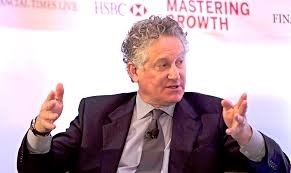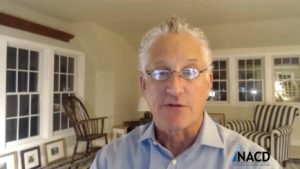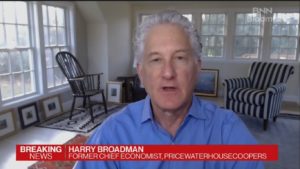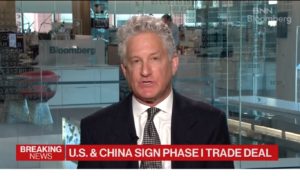
China entry into the World Trade Organization (WTO) was twenty years ago seen as a success for the global trade, but then the WTO was unable to enforce its rules onto its new member, says Harry Broadman, chief of staff of the US President’s council of economic advisers (1990-1991) and US assistant trade representative (1991-1993) in an interview with Politico. What are the options to deal with China in international trade?
Politico:
U.S. companies should have stepped up to call out unfair Chinese trading practices, but most did not out of fear of potential state reprisals, Broadman said.
“A lot of U.S. firms would come to us and they would complain about Chinese [imports] and say that we had to put in place safeguards, but they’d always add, ‘Don’t tell the Chinese that we came to you and told you this!’” said Broadman, now at the Berkeley Research Group. “They knew that if we started punishing the Chinese in a particular sector, they were going to know that it was Company X and Company Y [that complained].”
But he cautioned against perceptions that China’s WTO entry has been a universally one-sided losing proposition for U.S. businesses that invested in China and established operations there.
“You can see that the firms who are there today were largely the firms who have been there for the last 20 years and they wouldn’t be there if they were not making money,” Broadman said.
There are growing calls for the U.S. to demand meaningful accountability for China within the WTO system or to pursue fairer trade terms outside of it.
Harry Broadman is a speaker at the China Speakers Bureau. Do you need him at your (online) meeting or conference? Do get in touch or fill in our speakers’ request form.
Are you looking for more political analysts at the China Speakers Bureau? Do check out this list.




